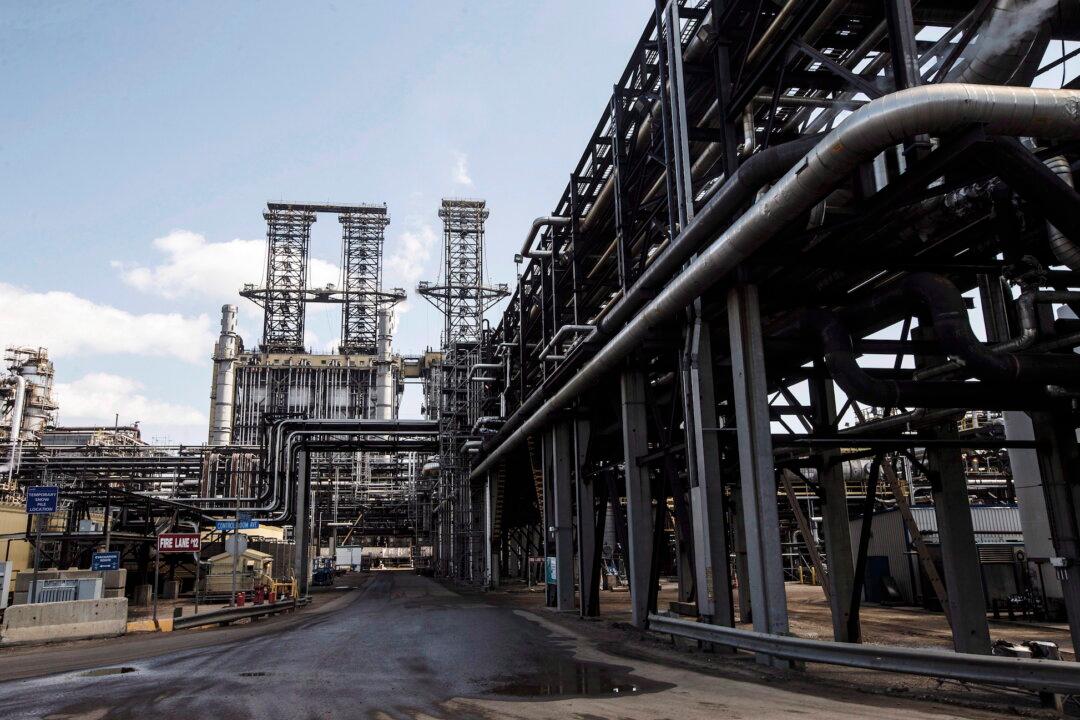The federal carbon tax will cause production cost increases in key sectors, resulting in investors relocating to other countries such as the United States, a phenomenon known as “carbon leakage,” according to a new study by the Fraser Institute.
This means that while the firms would no longer be emitting in Canada, they would be increasing emissions in their new bases.





